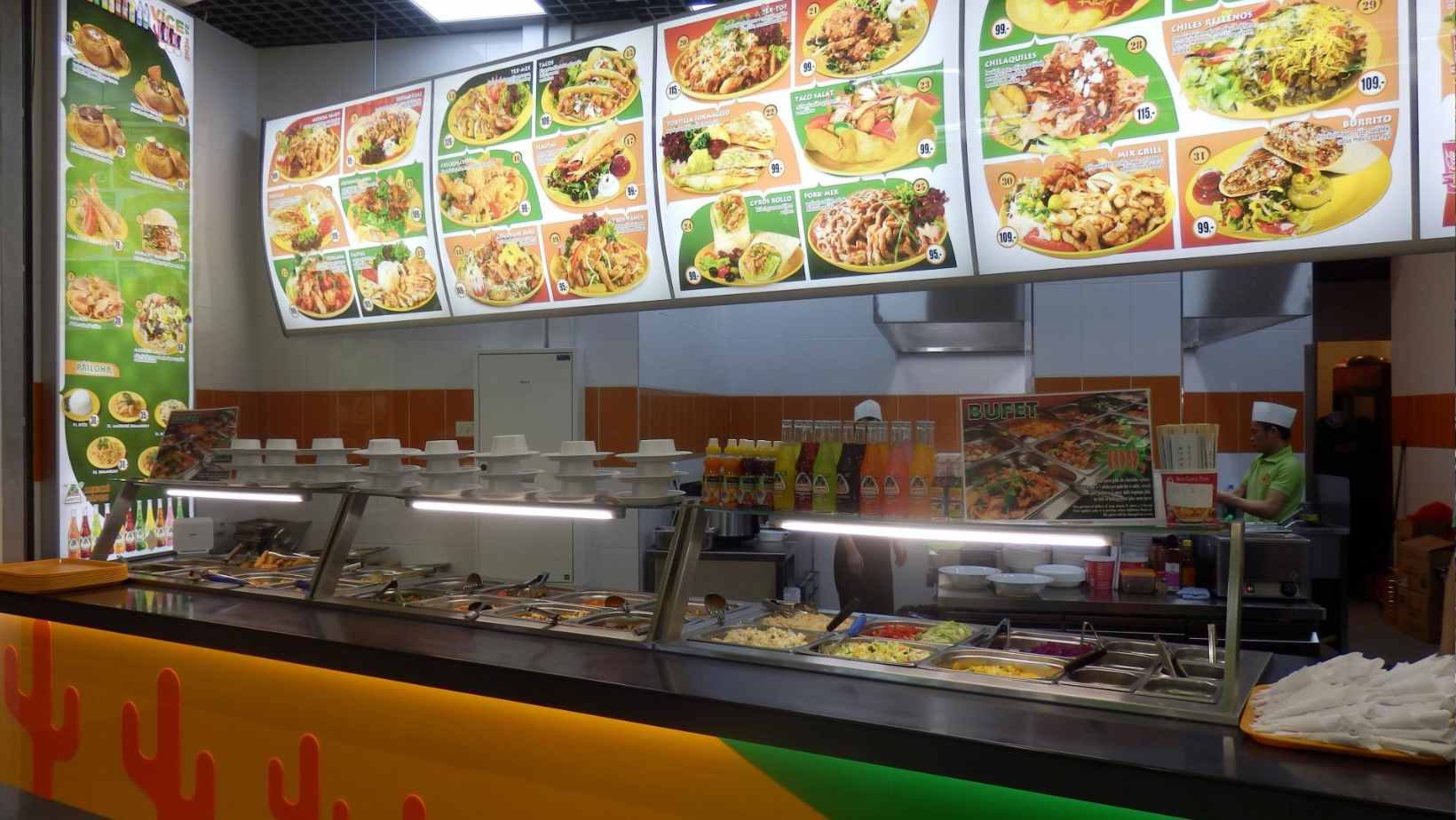Czech Economy: Groceries Get Cheaper, Other Goods Stay Pricy
Hena Takal

Oil, flour, and sugar have recently become cheaper, but prices still remain higher than before the pandemic, according to a price comparison on the Seznam Zprávy website.
Journalists looked at goods from Tesco, Albert, Lidl, and Penny Market supermarkets and found that it is still possible to save significant money by avoiding products whose prices have not changed – for example, chocolate and sweets in general, juices, rice, meat, or canned food.
Flour, some dairy products, and sugar have become cheaper. Cheese, for example, has decreased by sometimes up to nine crowns per pack, and that’s without considering discounts that can save even more.
It is important to note that it is a good idea to look for discounts, especially at private-label supermarkets. In some instances, however, the price adjustment is only cosmetic or in units of crowns, for example, for yogurt.
Regardless, it is unreasonable to believe prices will adjust to that before the pandemic. As far as this year’s most expensive products are concerned, we are mainly paying big bucks for smoked meat, branded pasta, rice, or muesli.
The record price is said to be set by Granko, which has risen by 50 percent in Lidl, in less than a year.
Temporary Cuts
There are several reasons for the price cuts, such as lower prices for energy and raw materials. Even though the price of wheat has decreased, bread prices remain the same.
This is largely due to bakeries not being able to cover the earlier extreme rises in costs. The only products where somewhat cheaper prices are expected are soya, lentils, or oats.
There are reported trend changes in the price of cheap raw materials, meaning we will begin to see slow rises in prices, resulting in the prices of the above-mentioned products soon increasing too. This may be reflected in products such as milk, wheat, and other essentials; which may also face additional increases due to the winter costs for electricity and gas.
While experts say that the price increase of discounted goods won’t be so drastic, it is important to prepare.
This is a result of both the increase in the regulated price for wholesale consumers, as proposed by the Energy Regulatory Authority, and the government’s consolidation package. For example, electricity prices may increase by tens of percent for food producers; who are large consumers of it.
Our best stories straight to your WhatsApp. Sign up here
-
NEWSLETTER
Subscribe for our daily news









